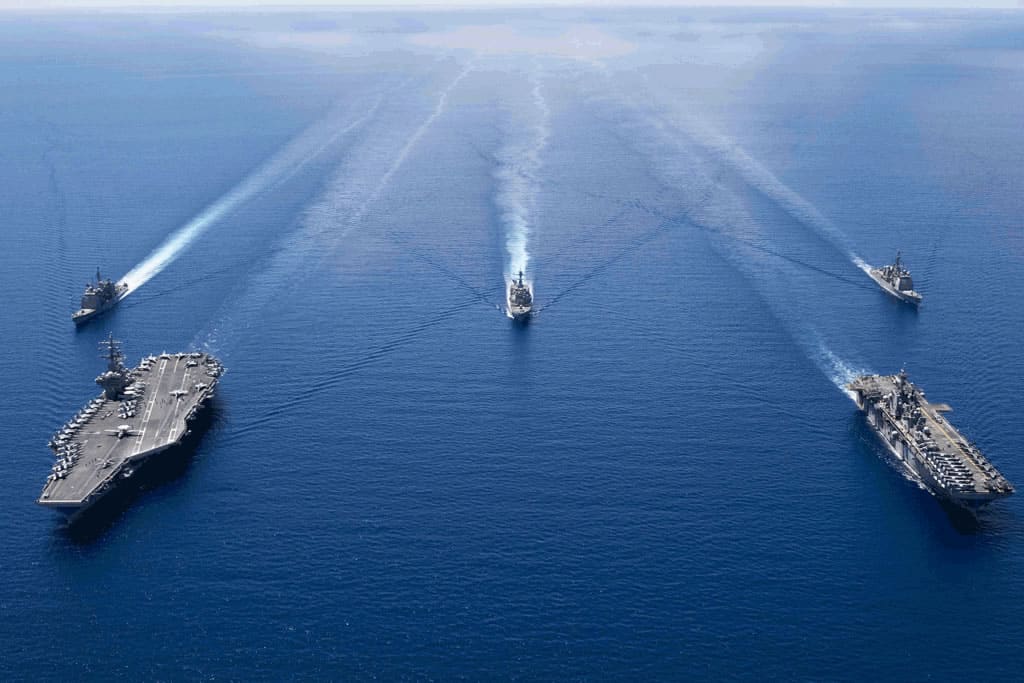
Could Japan-Vietnam arms deal be a direct hit at Beijing’s militarisation of South China Sea
On Tuesday, Japanese Prime Minister Yoshihide Suga said that he would be visiting Vietnam and Indonesia in the coming week. The highlight of Suga’s upcoming visit is Japan-Vietnam arms deal. As part of the deal, Japan would be exporting defence equipments and advance military technology to the country, to strengthen its capabilities. It is believed to be Tokyo’s response to Beijing’s rising maritime drills in the Indo-Pacific region. Besides Vietnam, Japan is also holding negotiating with Indonesia and Thailand for arms agreement, including defense equipment transfers.
It was only few years ago that Japan ended its ban over overseas arms sales in 2014, to help enable the region’s not so powerful nation in strengthening their military. Besides, it would also help Tokyo in reducing the unit cost of home-built military equipments. But so far the country doesn’t lead in this sphere and has struggled to strike export deals for final products.
The project will provide the Vietnam Coast Guard with financing to procure vessels, supporting an improvement in maritime rescue operations and maritime law enforcement. It will also enhance freedom of navigation
Japan International Cooperation Agency
The Nikkei Asia reported that Japan’s only export deal for a finished defence product has been with Philippines, which was signed in August. The deal included the export of a warning and control radar system developed by Mitsubishi Electric.
In July, Japan singed its first maritime patrol ship deal with Vietnam. The deal included a a ¥36.6 billion ($345 million) loan agreement with Vietnam to giving latter six patrol boats to boost its maritime law enforcement capabilities, amid Beijing’s rampantly rising claims in the South China Sea.
With regard to the deal, signed in Hanoi, the Japan International Cooperation Agency (JICA) said, “The project will provide the Vietnam Coast Guard with financing to procure vessels, supporting an improvement in maritime rescue operations and maritime law enforcement. It will also enhance freedom of navigation.”
Japan has strongly condemned China’s militarization of disputed areas, as well as its territorial expansion in the maritime and aerial domains, in the South China Sea. It said that such aggressive moves by Beijing represented its unilateral attempts to alter and strengthen its geopolitical status by coercion. Japan was joined by the United States in its toughened stance against China. Washington called Beijing’s maritime moves “completely unlawful” and slammed its “bullying” of Vietnam and other states in a bid to control offshore resources.



